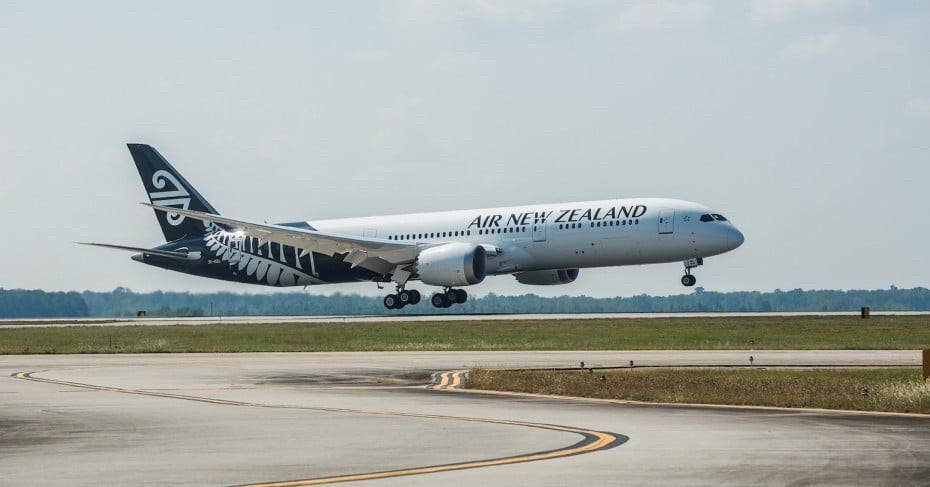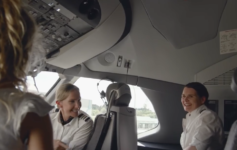A prominent New Zealand lawyer has filed a complaint against Air New Zealand for misleading advertising, prompting a swift policy change.
Barrister Michael Wigley is not new to the world of airline law. In 2015, he lodged a complaint against Air New Zealand over opt-out insurance. That led to a formal warning against the carrier by New Zealand regulators.
His latest attack: misleading information on the Air New Zealand website about flights selling out. Wigley noticed, while booking on his mobile phone, that several flights flashed the sign, “Flight Selling Out” in an attempt to induce consumers to book immediately.
But upon further examination of the fine print, he found this explanation:
Selling out means be quick – there are fewer than 5 seats at these prices.
The key, of course, is “at these prices”. See, airlines have several fare buckets within a single class of service. In the case of economy class, there are more than a dozen fare buckets and even within a single bucket there may be multiple fares.
Let me illustrate with an example. Take Auckland to Christchurch. Air New Zealand may file a K-class, or G-class, or S-class, or T-class (and so on) fare. An algorithm controls how many seats are allocated in each of these fare classes and that number is dynamic. In fact, it may change dozens of times within a single day.
So “flight selling out” may mean the flight is totally empty, but there are only five seats left in K-Class. In other words, it could something as simple as five seats left at $69 but then then there are 9+ seats left at $76.
Bottom line, Wigley contended it was misleading to consumers. He told the New Zealand Herald:
Hardly anyone reads the small print on a major booking portal like this. Marketers such as Air New Zealand know it. The airline’s management and board know it.
Air New Zealand Agrees
And rather than fight it, Air New Zealand simply agreed.
In hindsight we believe “fewer than five seats available at these prices” would better reflect the message we are trying to convey to customers. We are progressively amending both our mobile and desktop booking flows.
CONCLUSION
Credit goes to Air New Zealand for admitting to its misleading messaging and taking steps to immediately correct it. My only question is how long did Air New Zealand mislead consumers in this way?





For those of you wondering, he did not file a complaint as in a lawsuit. He filed a complaint with the NZ Commerce Commission, which appears to be equivalent to the US FTC.
People in southern hemisphere seems to be more polite and friendly rather than in the land of freedom and democracy and guns and oil…..
Better education perhaps?
But we have so many oily guns, strictly to protect us from democracy…
Education is notoriously poor. It’s better people.
Thanks for the clear explanation. Very helpful.